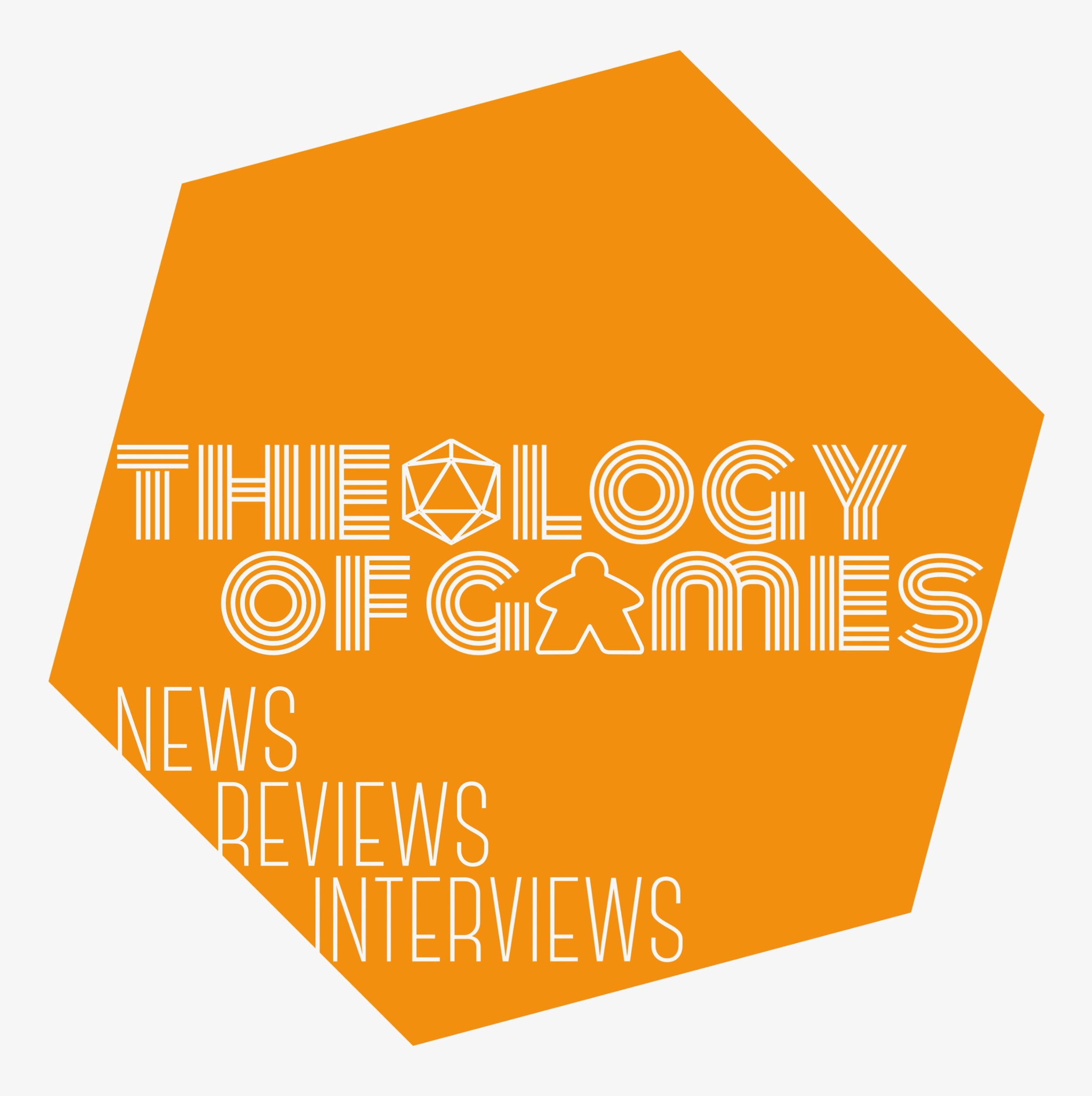A Review of Jungle Speed
/By Firestone
 Remember the classic youth group game Spoons? What's it known for? Bloodshed... Well if you like Spoons, you'll probably like Jungle Speed—which plays up to 10 people. Once it's out of the now-unnecessary box, it's a simple cloth bag, a set of rules, a deck of 80 square cards, and a plastic "totem." The goal is simple: Get rid of all of your cards. Like Spot It!—which we reviewed a few weeks ago—there are a few variants that mess around with how you deal out cards and how the game is played and so forth.
In the basic game, you place the totem in the middle of the table, shuffle the 80 cards, and deal them out as evenly as possible to everyone playing. In turn, players flip over the top card of their stacks—using only one hand—to create a face-up discard pile. The cards feature various designs of various colors. Whenever a just-flipped card matches the design—not the color—of another card on the table, those players are now in a duel! Both players try to be the first one to grab the Totem. The loser takes the winner's cards, their own discard pile, and any cards that might be in the middle of the table (from other card effects I'll get to), and place them face-down under their draw stack. Play continues as before, with the loser of the duel starting.
Remember the classic youth group game Spoons? What's it known for? Bloodshed... Well if you like Spoons, you'll probably like Jungle Speed—which plays up to 10 people. Once it's out of the now-unnecessary box, it's a simple cloth bag, a set of rules, a deck of 80 square cards, and a plastic "totem." The goal is simple: Get rid of all of your cards. Like Spot It!—which we reviewed a few weeks ago—there are a few variants that mess around with how you deal out cards and how the game is played and so forth.
In the basic game, you place the totem in the middle of the table, shuffle the 80 cards, and deal them out as evenly as possible to everyone playing. In turn, players flip over the top card of their stacks—using only one hand—to create a face-up discard pile. The cards feature various designs of various colors. Whenever a just-flipped card matches the design—not the color—of another card on the table, those players are now in a duel! Both players try to be the first one to grab the Totem. The loser takes the winner's cards, their own discard pile, and any cards that might be in the middle of the table (from other card effects I'll get to), and place them face-down under their draw stack. Play continues as before, with the loser of the duel starting.
 The insidious thing (and I mean that in a good way), is that the designs look VERY similar. So often people will incorrectly grab the Totem—and in that case they have to take all of the face-up cards on the table. That's the same penalty you take if you accidentally drop the Totem as you're trying to grab it. There are a few special cards, such as one with a bunch of arrows pointing in, and everyone is basically in a duel as soon as that comes up, with the winner placing his or her discards in the middle of the table under the Totem. There's also one that changes what triggers a duel to matching colors, rather then designs—so one more chance for you to accidentally grab the Totem and mess yourself up.
The insidious thing (and I mean that in a good way), is that the designs look VERY similar. So often people will incorrectly grab the Totem—and in that case they have to take all of the face-up cards on the table. That's the same penalty you take if you accidentally drop the Totem as you're trying to grab it. There are a few special cards, such as one with a bunch of arrows pointing in, and everyone is basically in a duel as soon as that comes up, with the winner placing his or her discards in the middle of the table under the Totem. There's also one that changes what triggers a duel to matching colors, rather then designs—so one more chance for you to accidentally grab the Totem and mess yourself up.
That's basically it. So let's talk about the Totem. It's just a plastic piece that you grab. You're not worshiping it or praying to it or anything else related to the traditional Totem you think of in other religious traditions. Since it's just a name, if you felt strongly about it, you could easily change the name of your Totem. Call it the banana, or the grabby stick or the whatever.
Bottom line: It's not the best party game I've played, and it's certainly not the worst. But it's a fun, party game that everyone can play, and would be great for a group of teenagers.
Thanks for reading!


























